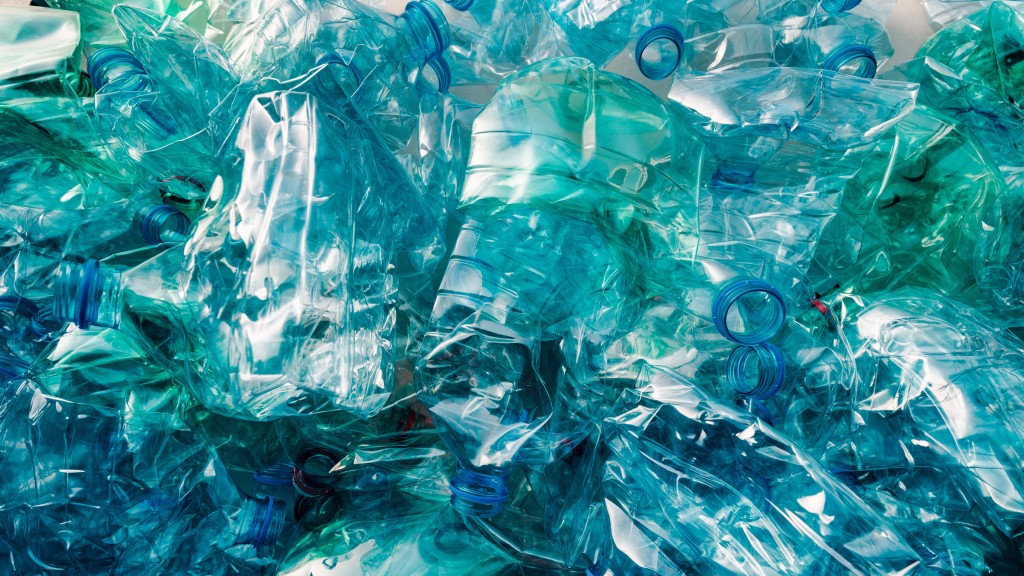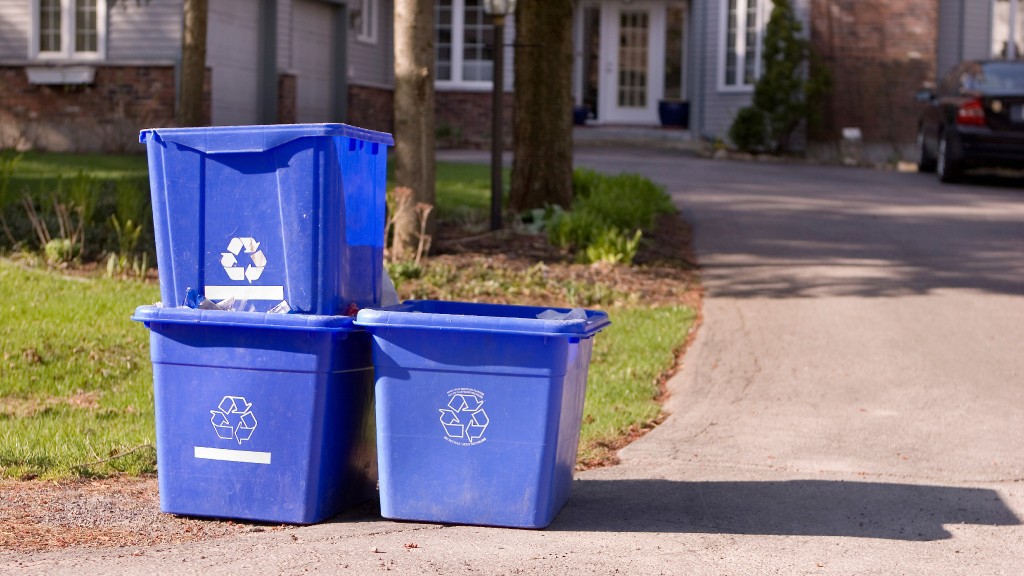
There is a growing demand for products packaged in recyclable packaging among consumers, especially in developed economies. Considering this, beverage manufacturers in the U.S. are increasingly shifting from polyethylene terephthalate (PET) to recycled polyethylene terephthalate (rPET) bottles to help lower carbon emissions and advance the circular economy, says GlobalData.
"The U.S. has laid out ambitious targets to establish a circular economy," says Mani Bhushan Shukla, consumer analyst at GlobalData. "In 2020, the U.S. Environmental Protection Agency announced its National Recycling Goal to increase the national recycling rate to 50 percent by 2030. Transitioning from virgin PET plastic to rPET packaging is the only viable option for consumer packaged goods (CPG) companies to honor their sustainability commitments."
To achieve their packaging targets, beverage manufacturers are striving to embrace rPET bottles and enhance the sustainability of their packaging range. Major soft drinks producers, such as Coca-Cola, Pepsi, and Asahi have already adopted 100 percent rPET bottles for their popular brands. In March 2024, Califia Farms also launched 100 percent rPET bottles in the US.
"Beverage manufacturers are incentivized by the growing consumer interest in sustainable packaging," Shukla continues. "Recyclability has become a key factor that consumers are actively looking for when making product purchases. This aligns with GlobalData's 2023 Q4 consumer survey findings, wherein 62 percent of consumers in the US stated that recyclable packaging claims were a nice-to-have factor or essential/key driver of their product purchases.
"As companies face increasing pressure from the government, environmental lobby groups, and eco-conscious Gen Z and Gen Y consumers, they will have to adopt rPET on a wider scale. This will be imperative to attract and retain consumers in the long term."



